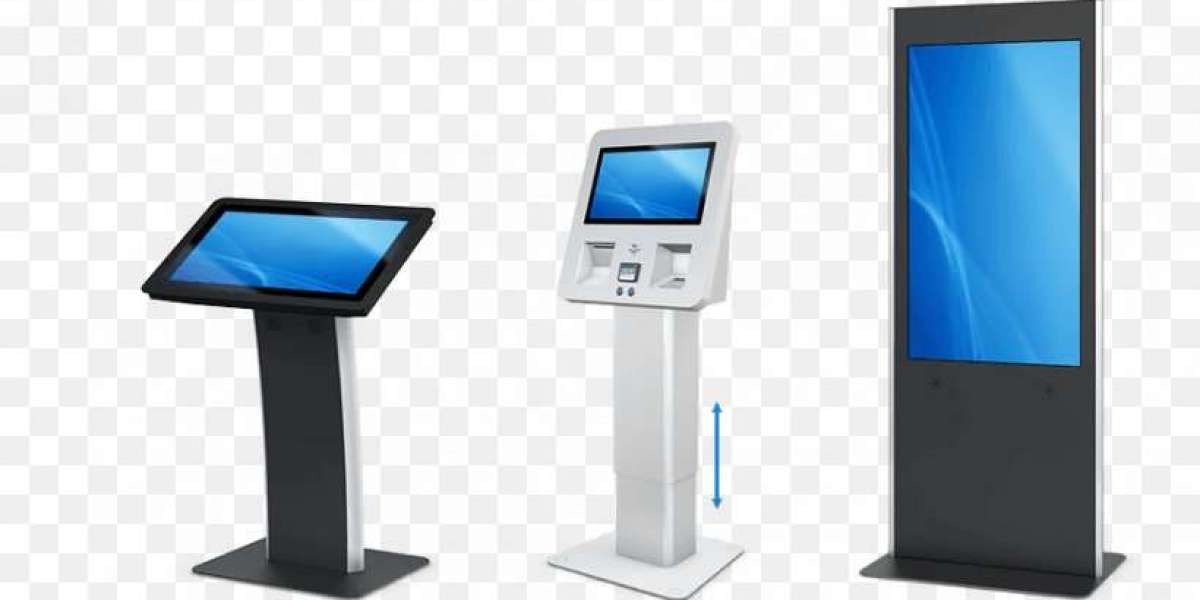Starting your career as a Junior Clerk can be a rewarding journey. It offers a solid foundation for anyone looking to build a professional career in administration or office management. Junior Clerk jobs are popular, especially among recent graduates and those seeking stable, entry-level positions in various industries. This blog will guide you through the essential aspects of Junior Clerk jobs, including the key responsibilities, required skills, how to find these roles, and tips for excelling in this position.
What is a Junior Clerk?
A Junior Clerk is an entry-level position typically found in offices, government departments, financial institutions, and other organizations. These professionals handle a range of administrative tasks such as filing, data entry, managing records, and providing clerical support to senior staff. As the first stepping stone into administrative roles, Junior Clerks are responsible for maintaining the smooth running of daily office operations.
Junior Clerk jobs can vary depending on the industry, but the basic duties remain consistent. The role offers an excellent opportunity for individuals looking to gain practical office experience, develop their skills, and eventually move up in the administrative field.
Key Responsibilities of Junior Clerks
The day-to-day tasks of a Junior Clerk may seem routine, but they are essential to the functioning of an office. Here’s a breakdown of the core responsibilities:
1. Data Entry and Record Management
Junior Clerks are often responsible for entering data into the company’s systems. This could include customer information, inventory records, or financial data. Accuracy is crucial in this role because errors can lead to major problems down the line. Junior Clerks must also manage and maintain records, ensuring that all files are up to date and easily accessible.
2. Filing and Organizing Documents
Organization is key in any office environment. Junior Clerks handle the filing of important documents, both physical and digital. They ensure all paperwork is properly categorized and stored. They may also be responsible for retrieving files when needed, ensuring an efficient workflow.
3. Answering Phones and Assisting Visitors
While the primary focus is on clerical duties, Junior Clerks are often the first point of contact for clients and visitors. Answering phone calls, directing inquiries to the right departments, and assisting visitors are all part of the job.
4. Handling Correspondence
Junior Clerks may assist with incoming and outgoing correspondence, including emails, letters, and faxes. They are expected to ensure that all communication is handled promptly and efficiently.
5. Office Support
Junior Clerks assist senior staff members with various administrative tasks. This could involve scheduling meetings, ordering supplies, and supporting projects. They play a vital role in maintaining office efficiency.
6. Managing Office Supplies
Another critical responsibility is overseeing the inventory of office supplies. Junior Clerks monitor stock levels and order supplies when necessary to keep the office running smoothly.
Skills Required for Junior Clerk Jobs
To succeed in a Junior Clerk role, you need a range of both hard and soft skills. These skills will help you perform your duties efficiently and position you for career growth. Let’s take a closer look at some essential skills for this position:
1. Organizational Skills
Junior Clerks need excellent organizational skills. You’ll have to manage multiple tasks simultaneously and keep everything in order. Whether it’s maintaining files, tracking office supplies, or keeping track of appointments, organization is the backbone of the role.
2. Attention to Detail
Junior Clerks are often responsible for entering data and handling important documents. A small mistake can lead to significant problems. Attention to detail is essential to avoid errors that can negatively impact the business.
3. Communication Skills
Strong verbal and written communication skills are necessary to interact with colleagues, clients, and visitors. Whether you’re answering a phone call or drafting an email, clarity and professionalism are key.
4. Time Management
As a Junior Clerk, you’ll have to juggle several tasks at once. Time management will help you prioritize tasks and ensure everything gets done on time. Efficient time management will also increase your productivity.
5. Basic Computer Skills
Junior Clerks spend a lot of time using computers. A basic understanding of Microsoft Office Suite (Word, Excel, Outlook) is necessary, as well as familiarity with data entry software and other administrative tools. Proficiency with office technology is essential for performing your daily tasks.
6. Customer Service Orientation
Junior Clerks often interact with clients and visitors. A good customer service mindset ensures that everyone is treated with respect, and all inquiries are handled promptly.
How to Apply for Junior Clerk Jobs
Now that you have a good understanding of the responsibilities and skills required, let’s explore how to find and apply for Junior Clerk positions.
1. Search for Job Listings
Job search platforms like LinkedIn, Indeed, and Glassdoor regularly post Junior Clerk job openings. You can filter results based on location, salary, and company, making it easier to find opportunities that match your preferences.
2. Use Recruitment Agencies
Recruitment agencies, such as The Legists, specialize in helping job seekers find suitable roles. Agencies can connect you with potential employers and guide you through the hiring process. They often have access to exclusive job opportunities that may not be advertised elsewhere.
3. Prepare Your Resume
Your resume should highlight your skills, education, and any relevant work experience. Although Junior Clerk roles are entry-level, emphasize any internships or volunteer work where you performed administrative tasks. A well-organized, concise resume will make a strong first impression.
4. Write a Compelling Cover Letter
Along with your resume, include a cover letter that outlines why you are interested in the position. Focus on your skills, enthusiasm, and commitment to contributing to the company. Tailor your cover letter to each role you apply for.
5. Prepare for Interviews
Once you get an interview, prepare by researching the company and practicing answers to common interview questions. Be ready to discuss your skills, experience, and why you are passionate about working as a Junior Clerk.
Tips for Succeeding as a Junior Clerk
Starting in an entry-level position can be challenging, but with the right approach, you can excel. Here are some practical tips to help you thrive in your Junior Clerk role:
1. Be Proactive
Take the initiative to learn about different aspects of the office. Ask questions, seek feedback, and offer help when you can. Being proactive will show that you are eager to contribute and grow.
2. Focus on Learning
Consider your Junior Clerk position as an opportunity to learn. Develop your skills and familiarize yourself with different administrative processes. The more you learn, the more valuable you become to the organization.
3. Build Strong Relationships
Networking within the office is essential for career growth. Build positive relationships with your colleagues and superiors. These connections can lead to new opportunities down the line.
4. Stay Organized
An organized workspace is essential for efficiency. Keep your desk, files, and digital tools in order to stay on top of tasks and deadlines.
5. Stay Professional
Maintain professionalism in all aspects of the job. This includes your communication, appearance, and attitude. A positive, professional demeanor can leave a lasting impression on your superiors.
Career Progression: Where Can Junior Clerk Jobs Lead?
While Junior Clerk jobs are entry-level positions, they can serve as stepping stones to higher roles in the administrative field. With time, dedication, and a willingness to learn, you may progress to positions such as:
- Senior Clerk
- Administrative Assistant
- Office Manager
- Executive Assistant
- Office Coordinator
The administrative career path offers plenty of room for growth. By developing your skills and proving your value to the company, you can open the door to numerous opportunities.
Conclusion
Junior Clerk jobs provide a great entry point for individuals looking to start a career in administration. These positions offer valuable experience in office management, data entry, customer service, and communication, all of which are crucial skills in any profession. By honing the necessary skills, applying proactively, and excelling in your role, you’ll not only succeed in the Junior Clerk position but also lay the foundation for a rewarding career.
At The Legists, we are committed to helping you find the right job. If you’re interested in Junior Clerk roles, feel free to reach out to us, and we’ll help you take the next step in your career.



